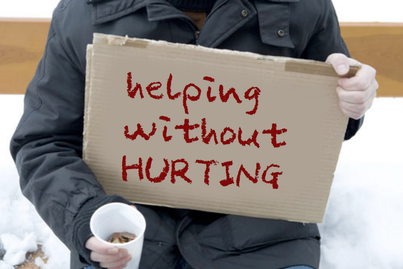|
HELPING WITHOUT HURTING: WEEK 2
Strengths,
|
An Asset-Based Approach
"You Can't Build on Broken" - Angela Blanchard at TEDx
|
Angela Blanchard is recognized for her pioneering work in asset-based community development that focuses on the human, social and cultural strengths of vulnerable populations. Blanchard is the President and CEO of Houston-based Neighborhood Centers Inc., one of the top 1% of U.S.-based
charitable groups. Former HUD Assistant Secretary Roberta Achtenberg has praised Blanchard for her innovation in developing "a powerful transformational model" with important implications for community redevelopment efforts throughout the nation. |
|
Key Principles
|
|
|
ABCD in 3 Minutes - a Church Perspective
An ABCD Story
Stop Trying to Save the World
Big Ideas are Destroying International Development
It seemed like such a good idea at the time: A merry-go-round hooked up to a water pump. In rural sub-Saharan Africa, where children are plentiful but clean water is scarce, the PlayPump harnessed one to provide the other. Every time the kids spun around on the big colorful wheel, water filled an elevated tank a few yards away, providing fresh, clean water anyone in the village could use all day. PlayPump International, the NGO that came up with the idea and developed the technology, seemed to have thought of everything....

